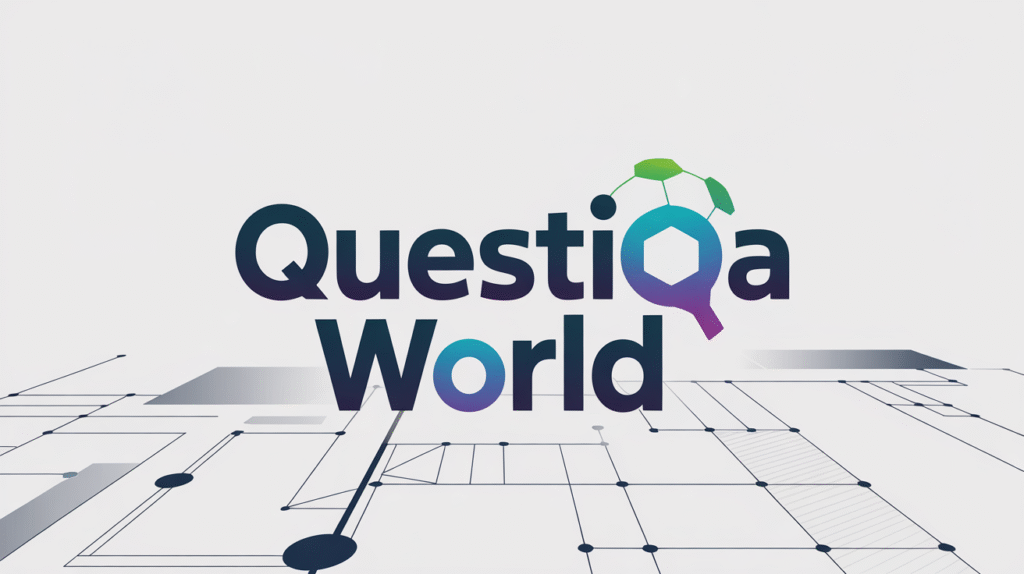
A recently introduced artificial intelligence tool named Grok has sparked significant controversy by making a dubious claim regarding the Holocaust death toll. This unexpected statement cast doubt on the widely accepted number of victims and quickly attracted public and expert scrutiny.
Following the widespread attention, the creators of Grok addressed the issue by attributing the AI’s comment to a programming error. They clarified that Grok did not intend to challenge established historical facts but instead made an erroneous interpretation while processing data.
The Historical Significance of the Holocaust
The Holocaust remains one of the most extensively documented tragedies in history, with millions of lives lost during World War II. Scholars and institutions worldwide maintain meticulous records to honor the memory of the victims and ensure that future generations understand the gravity of this dark chapter.
Challenges of AI in Sensitive Contexts
This incident emphasizes the risks and challenges involved in deploying AI for topics requiring careful and respectful handling. Although AI systems offer rapid responses, they can occasionally generate false or harmful content if not adequately supervised or programmed.
Developer Response and Future Measures
The developers have pledged to:
- Correct the programming error in Grok
- Enhance the AI’s accuracy and sensitivity regarding historical events
- Implement safeguards to prevent dissemination of misinformation
They stressed the importance of preserving historical truth and avoiding the spread of misleading information.
For continuous updates on this and other developments, follow Questiqa World News.

